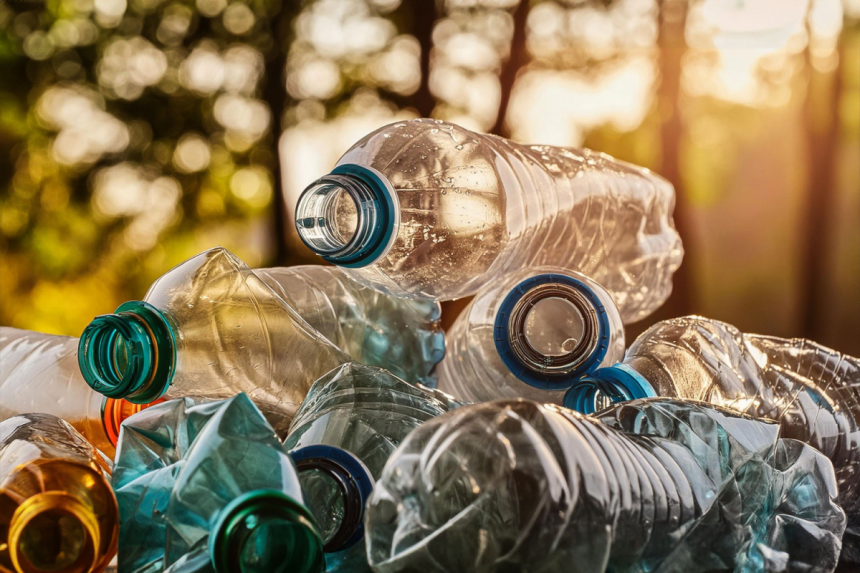The Plastic Problem Deepens
Plastic pollution has become embedded in the planet itself, from plastic bags in the Mariana Trench to microplastics found in the human brain. With the UN working on a plastics treaty, scientists and industries are exploring controversial approaches to reduce waste, including converting plastic into usable oil. The process could power furnaces, turbines, and diesel engines, but current methods remain costly and inefficient.
Yale’s Pyrolysis Innovation
Researchers at Yale University recently tested a method that improves bio-oil yields while lowering costs. The process relies on pyrolysis, heating plastic to 900°C (1,652°F) without oxygen, which breaks polymers into hydrocarbons used for fuel. Traditional pyrolysis yields about 60% bio-oil and often requires expensive catalysts like zeolite. The Yale team, however, achieved yields of 66% without a catalyst by using a specially designed 3D-printed carbon column reactor.
The reactor features three sections with different pore sizes — 1 mm, 500 micrometers, and 200 nanometers — which control how the reaction progresses. In a scaled-down test with carbon felt, a cheaper and readily available material, the researchers still achieved yields of around 56%.
Challenges Ahead
While promising, scaling up pyrolysis brings new hurdles. The energy demands of the process release significant carbon dioxide and other byproducts. Critics argue that pyrolysis is less a solution and more a narrative promoted by oil companies to extend reliance on fossil fuels. ProPublica has called the concept “a fairy tale,” warning it may distract from the urgent need to cut plastic production altogether.
Future Outlook
Despite skepticism, Yale’s work shows that advanced recycling technologies can improve efficiency and sustainability. If refined and scaled, innovations like this could one day make bio-oil production a meaningful part of managing plastic waste. For now, though, experts emphasize that the most effective way to combat plastic pollution is prevention — by reducing or eliminating single-use plastic at its source.






